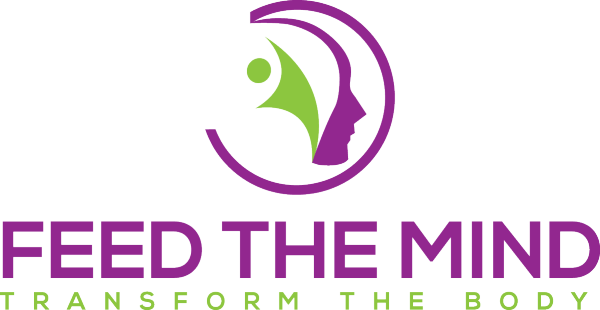Holistic Health Training
Janice Husk graduated from the Institute for Integrative Nutrition in 2010 where she learned innovative coaching methods, practical lifestyle management techniques, and over 100 dietary theories; everything from Ayurveda, gluten-free, and Paleo, to raw, vegan, and macrobiotics, and everything in between. Subsequently, Janice completed two IIN immersion programs and in 2016 launched Feed the Mind Transform the Body.
Institute of Integrative Nutrition Coaches study with the world's top health and wellness experts including:
- Joshua Rosenthal, MScEd, founder and director of the Institute for Integrative Nutrition
- Deepak Chopra, MD World Leader in Mind-Body Medicine, Director of Education at The Chopra Center, Bestselling Author
- David Katz, MD, MPH, Authority on Preventive Medicine and Weight Management, Director of the Yale Prevention Research Center
- Walter Willett, MD, DrPH, Chair of the Department of Nutrition at Harvard’s School of Public Health and Bestselling Author
- Andrew Weil, MD, Bestselling Author and Expert on Integrative Medicine and Mind-Body Interactions
- Gabrielle Bernstein, Motivational Speaker, Life Coach, Bestselling Author
- Susan Blum, MD, MPH, Functional Medicine Doctor, Founder of Blum Center for Health
- Mark Hyman, MD, Founder and Medical Director of The UltraWellness Center, Bestselling Author
- Geneen Roth, Pioneer of Emotional Eating and Empowerment, Bestselling Author
- David Wolfe, recognized Expert and Bestselling Author on Superfoods and Raw Nutrition
- Marion Nestle, PhD, MPH, Paulette Goddard Professor of Nutrition, Food Studies and Public Health at New York University
- Mark Bittman, New York Times Columnist, Bestselling Author
Medical Legal Disclaimer
While trained health coaches are mentors, advocates and change agents for healthy lifestyle habits, they do not fall under the same category as a dietician or nutritionist as defined by the laws of the State of North Carolina. Unlike many other states, in North Carolina a health coach is limited to providing general non-medical nutrition information. Nutrition Information is defined in 21 NCAC 17.0402 as non-fraudulent nutrition information related to food, food materials, or dietary supplements which is designed for one or more healthy population groups and is based on valid scientific evidence, reports, and studies. Nutrition information is not based on an individual nutrition assessment as referenced in G.S. § 90-352 or medical nutrition therapy as referenced in 21 NCAC 17.0101(11) and is not individualized to provide nutrition care services to prevent,manage, treat, cure or rehabilitate a medical condition, illness, or injury for a specific person or group as referenced in G.S. § 90-352 and 21 NCAC 17.0101(12.
Below are a just a few examples of health-related information within the scope of practice for a health coach in North Carolina:
1) Demonstrating how to cook food;
2) Providing information addressing the recommended amounts of essential nutrients for a healthy individual, as stated in scientific publications such as the Dietary Guidelines for Americans;
3) Providing information on healthy eating and healthy snacks;
4) Discussing carbohydrates, proteins, fats, vitamins, minerals, and water as essential nutrients required by the body;
5) Providing statistical, scientific information, regarding the correlation between chronic disease and the excesses or deficiencies of certain nutrients; and
6) Providing non-fraudulent information about nutrients contained in foods or supplements.

